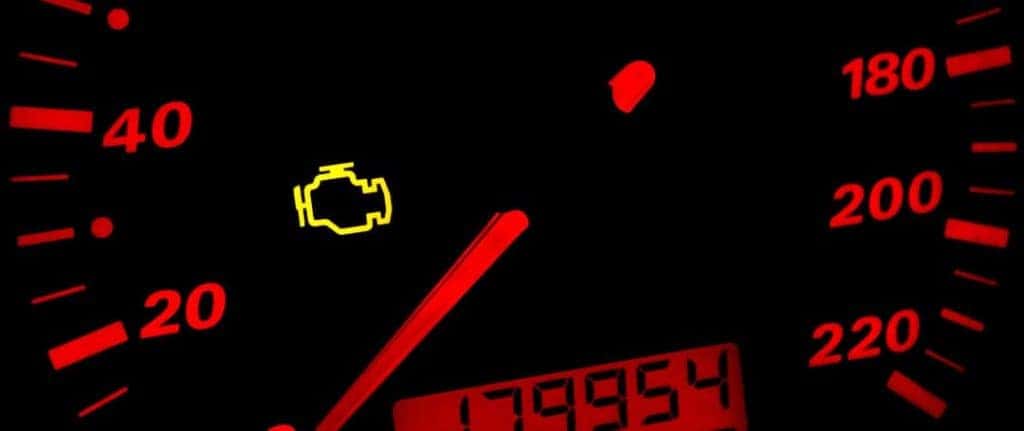

- VW CC CHECK ENGINE LIGHT FLASHING CODE
- VW CC CHECK ENGINE LIGHT FLASHING PLUS
- VW CC CHECK ENGINE LIGHT FLASHING CRACK
When reading the codes with an OBD2 scanner, you will get codes such as P0300, P0301, P0302.
VW CC CHECK ENGINE LIGHT FLASHING PLUS
When VW ignition coils fail, the check engine light will flash on and off, the engine will shake, plus you will have a poor throttle response. In some cases, even a brand new ignition coil can malfunction or last less than 10,000 miles. Volkswagens are famous for ignition coils frequently failing in their four-cylinder 1.8 and 2.0T engines. Audi, BMW, Mercedes-Benz, Porsche, Toyota, and Honda struggle to make oxygen sensors that last forever.


Volkswagens aren't the only cars suffering from oxygen sensor issues. The oxygen sensors on Volkswagen vehicles often fail in the 80,000 to the 100,000-mile range. Oxygen Sensorīad O2 sensors are another common reason VW check engine light comes on. Volkswagen owners often forget to perform this maintenance and end up with CEL coming on around the 120,000-mile mark. Typically you should change your VW spark plugs at the 90,000-mile mark. Worn spark plugs are another common problem that triggers VW check engine light to come on. Or use a YOUCANIC Scanner to reset the codes yourself. You can drive the vehicle, and the light will reset after a few driving cycles.
VW CC CHECK ENGINE LIGHT FLASHING CRACK
Sometimes the seal can crack and not seal the fuel tank properly.
VW CC CHECK ENGINE LIGHT FLASHING CODE
If you read the codes, still get a code for EVAP system leak, inspect or replace the gas cap. Make sure you tighten the gas cap until you hear it click. Gas CapĪ loose gas cap can trigger a Volkswagen engine light to turn on. Let's take a look at some of the most common problems that cause VW check engine lights to come on. The Check Engine Light (CEL) on your Volkswagen ( Jetta, Passat, Golf, Tiguan, etc.) can come on for many reasons, including defective mass airflow sensor, bad thermostat, engine temperature sensor, short in main wire harness, vacuum leak, worn spark plugs and failed ignition coils. 5 Most Common Problems That Turn On VW CEL Read the fault codes to find out why your check engine light is on. There are hundreds of possible problems that can trigger the check engine light on a Volkswagen. To narrow down, the problem use the YOUCANIC scanner to read the codes via the OBD-II port. If the vehicle runs and drives fine, but the check engine light stays on, the most likely issue is an EVAP leak. Continuing to drive while the check engine light is flashing can lead to serious engine damage and engine overheating. In addition to the check engine light, you may notice a few more symptoms such as:ĭon't ignore these symptoms, especially if the check engine is flashing. To find out precisely what is wrong, use the YOUCANIC scanner to read the codes via the diagnostic port located under the dashboard (driver's side). Both these parts set engine misfire codes in the ECU, and if more than one coil or spark plug is faulty, it will trigger multiple cylinder misfires, and the check engine starts to flash on and off. The most common problem that triggers the check engine light on Volkswagen vehicles is bad ignition coils or faulty spark plugs.


 0 kommentar(er)
0 kommentar(er)
